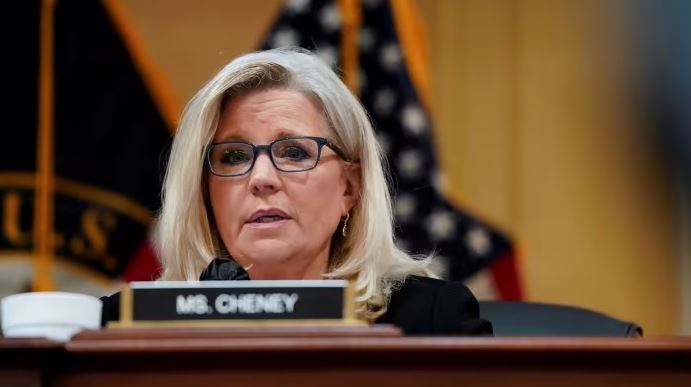Joe Biden has scored his first international victory with the ceasefire achieved in Gaza and his ‘silent diplomacy’ management style manages to overcome criticism for not censoring Israel for the numerous Palestinian civilian casualties. The US president announced the end of hostilities in the Strip during a television speech in which he praised Netanyahu for the decision to end the violence in less than eleven days, as well as Israel’s air defense system, the so-called ‘Iron Dome’, which the US helped develop and which protects from Hamas rockets. He also expressly thanked his Egyptian counterpart, Abdel Fatah al-Sisi, for his role as mediator in the crisis and said that the White House will lead together with the UN agencies and the Palestinian Authority, although not with Hamas, the reconstruction of Gaza. .
The Democratic leader, while resorting to the rhetoric of Israel’s right to defend itself, included for the first time that of the Palestinians to live in peace and security, and to enjoy freedom, prosperity and democracy in equal measure. In doing so, it caused a sense of relief to sweep through the international community.
It constitutes a turnaround in US policy toward Israel despite Biden’s measured tone. The immovable bipartisan front of the once staunch defense of the Tel Aviv government has fractured, displacing it to the far right wing of the Republican Party, to make way for a general rethinking of support policy.
A resolution by Senator Bernie Sanders seeks to block, on humanitarian grounds, the sale of a $ 735 million arms package to Israel. In his opinion, the United States “must carefully analyze” whether this type of transaction helps to achieve peace and prosperity for both parties or if it simply “fuels the conflict.”
In the Senate it would only require a simple majority to pass by Congress, but there is a possibility that Biden will veto it, in which case a two-thirds majority of both houses would be needed.
Democratic initiatives
Another similar initiative was introduced Wednesday in the House of Representatives by a group of legislators that included Rashida Tlaib and Alexandria Ocasio-Cortez, but its path is much more complicated, since it would require the approval of both hemicycles and would be annulled by a foreseeable presidential veto.
For their part, Republican lawmakers sent a letter to Biden on Thursday imploring him to allow the gun sales to continue. Their argument is that only Israel’s qualitative military advantage guarantees its defense and that of democratic values.
While no one expects the truce to last forever, Biden’s strategy of managing the conflict through aggressive but behind-the-scenes diplomacy has paid off and improved his image. Polls show a popularity rating of 59.1%. Even among Republicans it is now 28% – and up to 29% among the most extreme. These numbers rival those of Obama and Trump never had them.
“Serious dialogue”
The international community breathes relief over the ceasefire in Gaza, but calls for a “lasting and sustainable” solution to the conflict. This was demanded by the UN Secretary General, António Guterres, who called on the parties to take responsibility and “initiate a serious dialogue to address the root causes of the conflict.” In addition, UNICEF and humanitarian NGOs such as Oxfam Intermón and Action Against Hunger consider it essential to allow the reconstruction of Gaza and facilitate the arrival of aid of all kinds to the population.
“The European Union welcomes the ceasefire,” said the head of EU diplomacy, Josep Borrell, in a statement. “We are shocked and regret the loss of life during these last eleven days. As the EU has constantly reiterated, the situation in the Gaza Strip has been unsustainable for a long time, “he added. “Only a political solution will bring a sustainable peace and put an end once and for all to the Israeli-Palestinian conflict,” Borrell continued.
Finally, from Moscow it was highlighted in the words of its spokesperson María Zajárova that “to avoid a repeat of the violent confrontation it is necessary to focus international and regional efforts on reactivating direct political negotiations.”




















































































